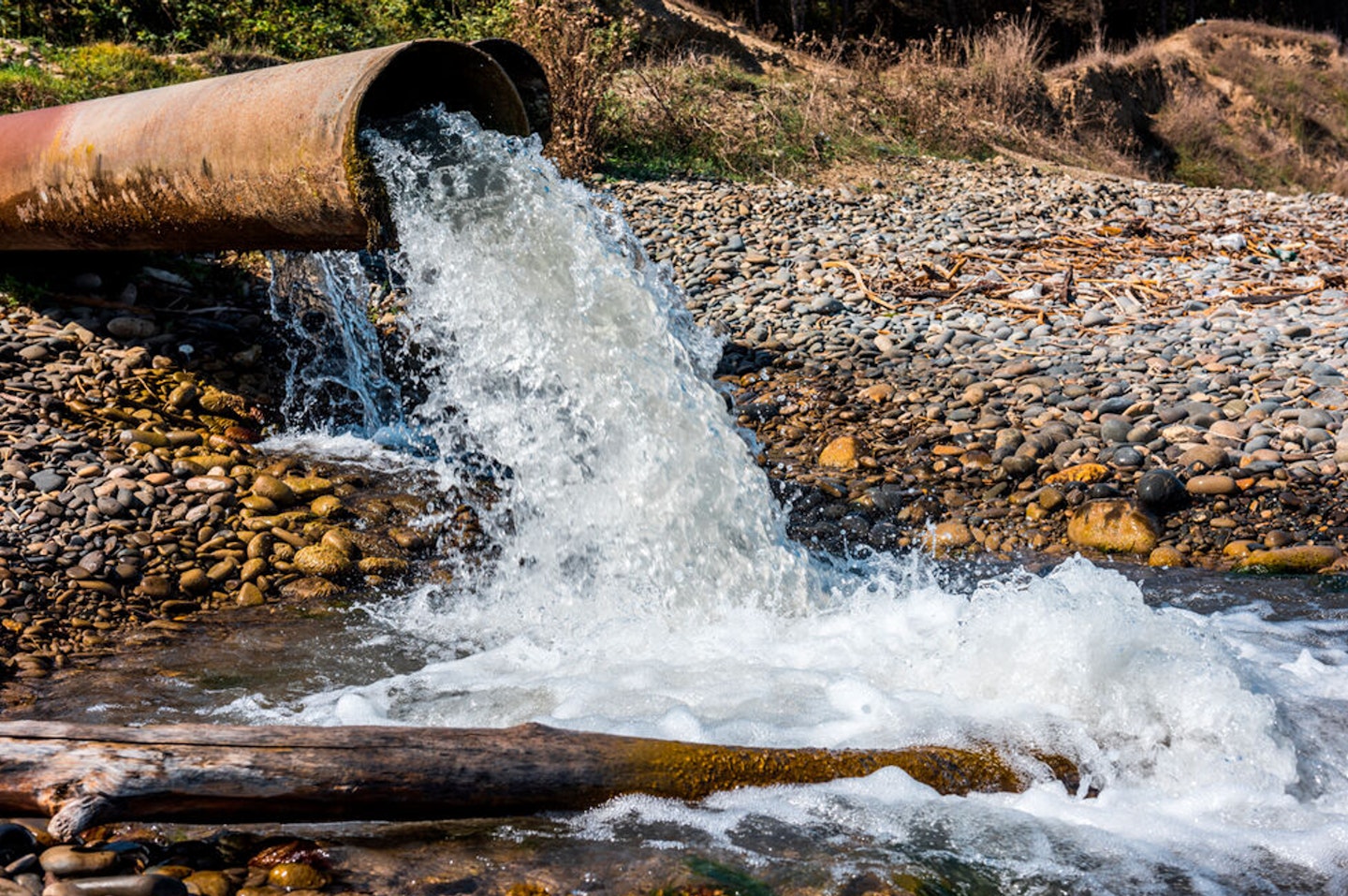LEGAL action has been threatened against the Environment Agency’s new Regulatory Position Statement (RPS), which allows water companies to discharge partly untreated sewage into our waterways.
Created to help utility companies facing a shortage of the chemicals used in water treatment, the RPS allows them to discharge effluent without meeting the conditions of their permits, a move which could have serious ecological consequences.

Ferric sulphate is the principal chemical in short supply, due to what the EA claims are problems caused by Brexit, Covid, and other ‘unavoidable supply chain failures’. These salts reduce the level of dangerous phosphates in wastewater, which if not removed can seriously impact water quality, causing excessive algae and plant growth.
Fish Legal, the association which uses the law to protect fish stocks, believes the RPS is a ‘get-out-of-jail’ card for water companies, as solicitor Dr Justin Neal explained.
“We think the RPS is unlawful. The EA can’t change the law or say what is and isn’t illegal. If a water company discharges in breach of permit, it’s a breach of the permit,” he said.
“This is why we’ve written a ‘letter before action’ to the EA, threatening a legal challenge unless it withdraws the RPS. Water companies could take advantage of the RPS, meaning that waterbodies could be sacrificed as water companies cannot get their act together,” he added.

For the RPS to be used, prior written permission from the EA must be granted. When questioned about the RPS’ potential implications, a spokesperson for the EA told us:
“Primary and secondary treatment of wastewater won’t be affected, so this is not a case of untreated sewage being discharged. However, some discharges without ferric sulphate could happen if sewerage companies experience future delivery issues.”
At the time of writing, the EA confirmed that no water company has yet used the RPS, which expires on 31 December, and there are no pending applications.

